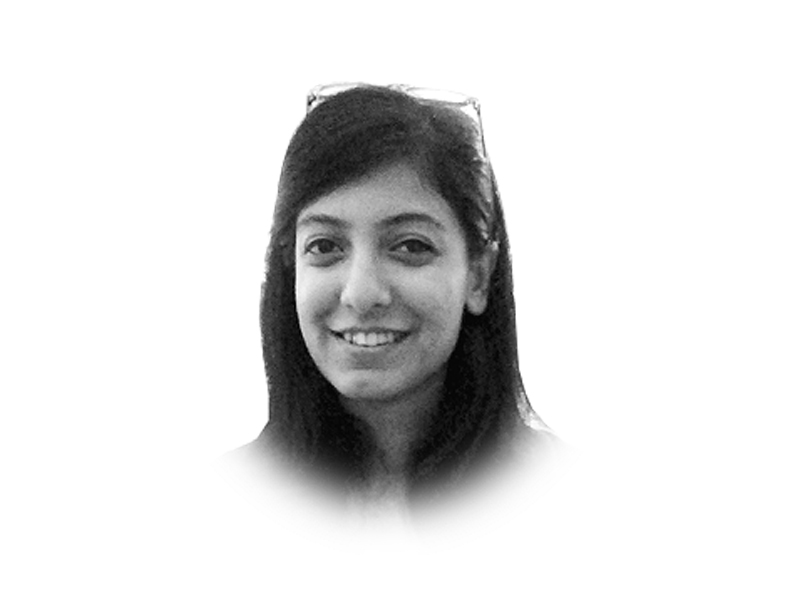
Harvard University’s South Asia Institute decided to hold its South Asian Cities Conference 2014 in the port city. Mid-January saw experts flying in from across the world to give their two cents on the city’s major problems with urban growth and development. Those who attended a few sessions at the three-day conference learned to question the mass transit systems, or their lack thereof; they learned that building one flyover after another is not only a waste of resources but a burden on existing traffic.
A month later, the fifth Karachi Literature Festival brought together writers, journalists, academics and others to talk about, not only the city, but ways to improve the country. Educationists and professors talked about how, along with improving the number of children going to school, there is an urgent need to make sure that these children are getting the right kind of education in all schools; that the media may have forgotten the Baloch families marching towards the capital but there are some who are following their every step.
The gates for these two festivals were open to all. People, who we may never be able to question otherwise, were sitting right in front of us and answering all the questions. An audience member echoed everyone’s sentiments when he asked a Japanese donor agency official why the Karachi Circular Railway system has yet to materialise. And the crowd nodded in guilt when Ayub Baloch said that the Baloch just want their sons back.
People may have walked out of these sessions thankful that the right issues were raised and maybe we will see the bahaar that Intizar Hussain asked us to hope for. Unfortunately, these voices did not reach the ones who are capable of bringing change in the real sense. What stood out most in both these events was the absence of politicians and elected representatives.
Our local government minister was not sitting in the audience as the bus-rapid transit system or flyovers were being explained and criticised. Our education minister was not taking notes when professors and educationists laid down the steps that need to be taken to bring up literacy and education in Pakistan. Had any of our politicians attended these events, someone would surely have pointed out the flaws in their current policies. They would have been asked to explain their strategies to an audience that may not have accepted their bureaucratic excuses and held them accountable for the future of this country. It is, perhaps, precisely for this reason that our elected representatives are holed up inside their fortress-like houses, their guarded SUVs and barricaded offices, from where they cannot hear the voices of reason and from where they don’t have to explain the need to spend millions of rupees on concerts and fashion shows.
Published in The Express Tribune, February 16th, 2014.
Like Opinion & Editorial on Facebook, follow @ETOpEd on Twitter to receive all updates on all our daily pieces.
COMMENTS (4)
Comments are moderated and generally will be posted if they are on-topic and not abusive.
For more information, please see our Comments FAQ












@ fus You are in state of denial and delusion. There was a reason why people use to say Karachi was the 'city of lights'. Karachi was fine up to 1984. What do people say now or in the last 25 years? People like you must understand the facts first. Which organisation did Canadian government labelled as a terrorist organisation in Pakistan? Some questions for you to think!!
Karachi was cool back in 60's but not specially after the emergence of MQM. they just destroyed the whole beautiful city of lights.
Short and sweet but the message did come through. Recently I read somewhere that in the democratic process that benefits nations, holding elections to elect public leaders works well almost everywhere except in Pakistan and specifically so in Karachi. The system is not faulty, the adage' garbage in, garbage out ' holds good here.